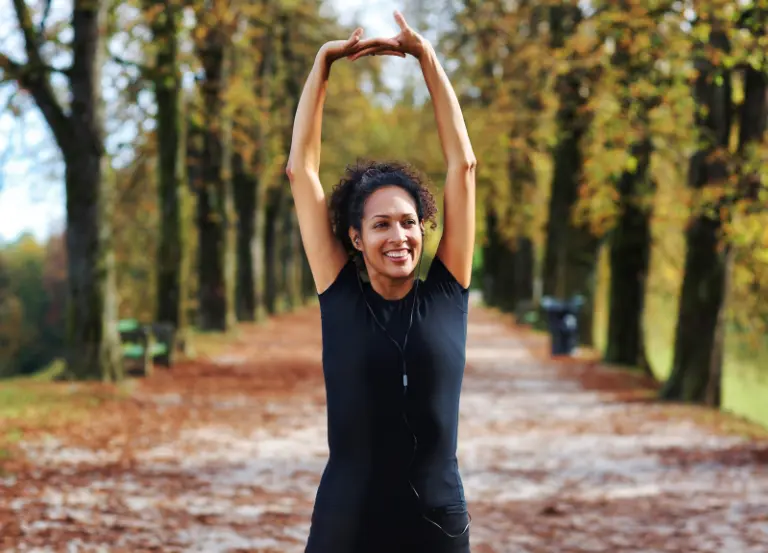Mental Health Awareness Week runs from Monday, May 13 to Sunday, May 19, 2024. This year’s theme, set by the Mental Health Foundation, is “Movement: Moving for Our Mental Health.” We know that physical activity is crucial for our overall health and well-being, so let’s explore how movement supports our mental health, how to overcome obstacles to being active, and ways to integrate it into our daily routines.
What Do We Mean by Movement?
When we hear the word “exercise,” we often think of high-intensity workouts like running or gym sessions. However, exercise can include various forms of movement, including subtle changes that can positively impact your health and well-being.
When we talk about “movement” in the context of physical activity, we’re referring to any activity that gets your body moving and uses energy. This can range from daily activities like walking or cleaning to more vigorous exercises like running, swimming, or playing sports. All types of movement are valid, and it ultimately depends on your preferences.
How Does Movement Benefit Mental Health?
Physical activity is beneficial for our mental health because it triggers the release of endorphins—natural hormones that boost your mood.
Studies indicate that movement and physical activity contribute to mental health by:
- Reducing stress
- Enhancing mood through chemical changes in the brain
- Improving sleep quality
- Boosting self-esteem
- Reducing anxiety by moderating our “fight or flight” response
- Encouraging goal setting and achievement
- Fostering social interactions
- Slowing cognitive decline
Move Your Way
Despite the benefits of staying active, there are obstacles that can hinder us, such as accessibility, time constraints, cost, body image concerns, lack of open space, or negative associations with “exercise.”
Movement doesn’t have to involve gym sessions, marathon running, or team sports—it can be simple and budget-friendly. Try walking instead of taking a bus all the way, scheduling walking meetings, playing with your child at the park, or dancing in your kitchen while cooking dinner.
Whatever way you choose to move, it’s essential to change how we view physical activity. It can be daunting to tackle intense workouts if you’re not accustomed to them, but starting small can yield significant benefits for both mental and physical health.
Additional Resources:


